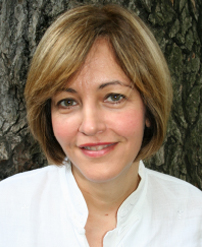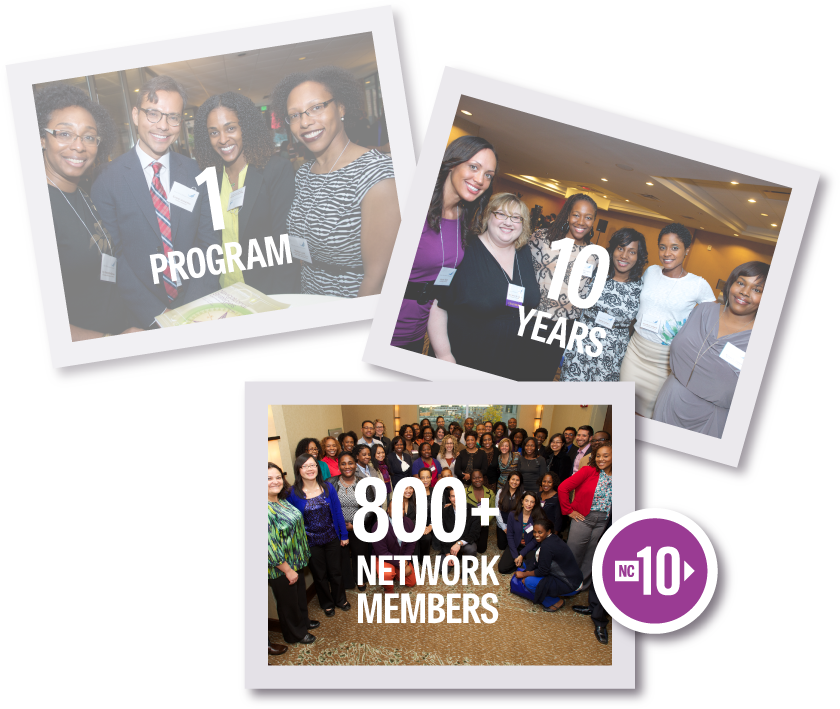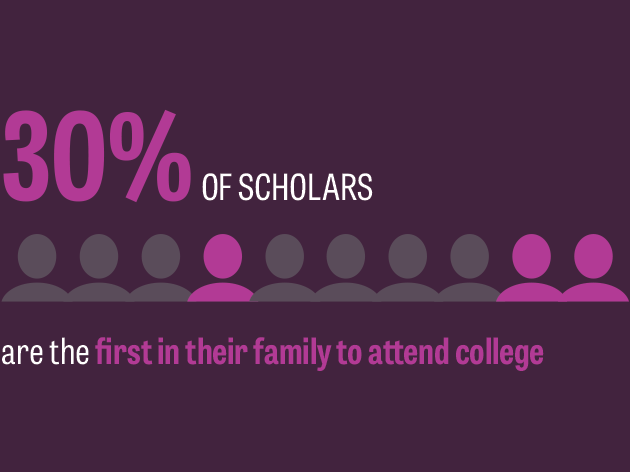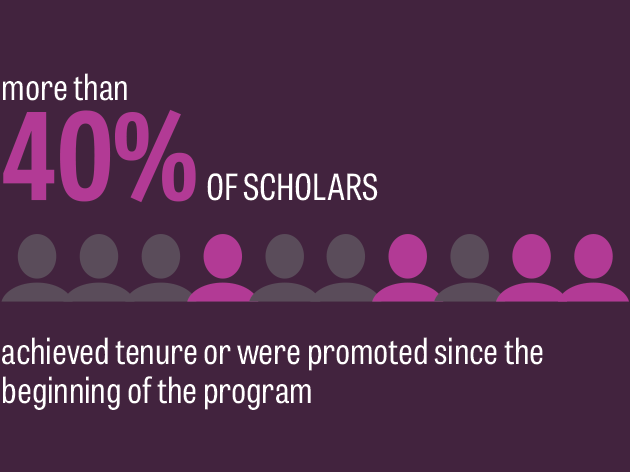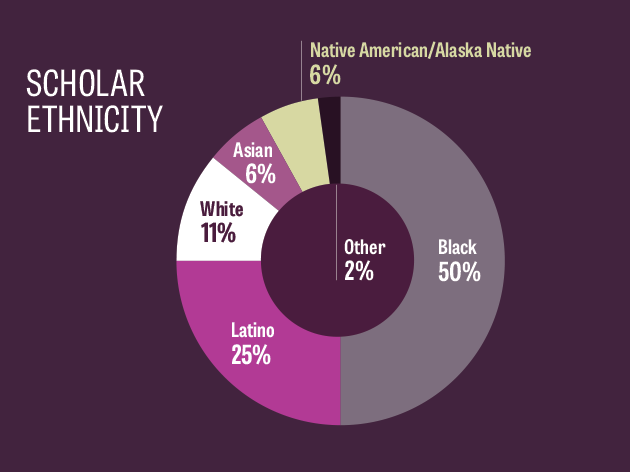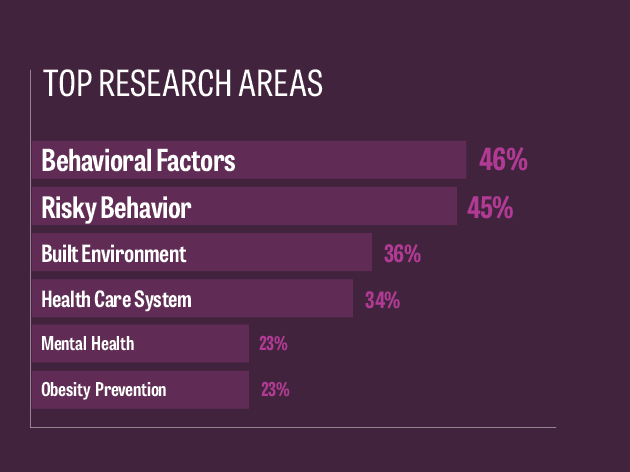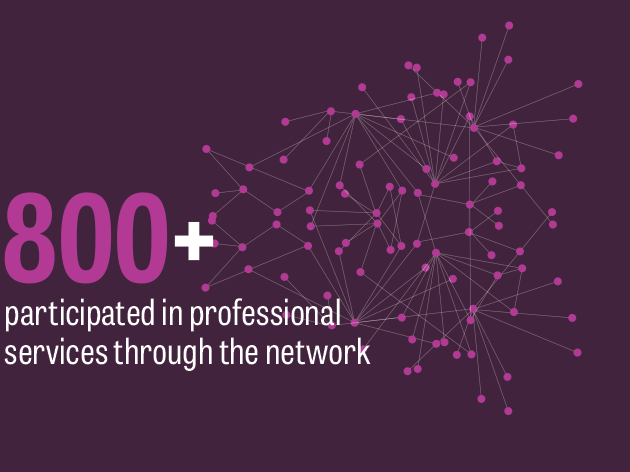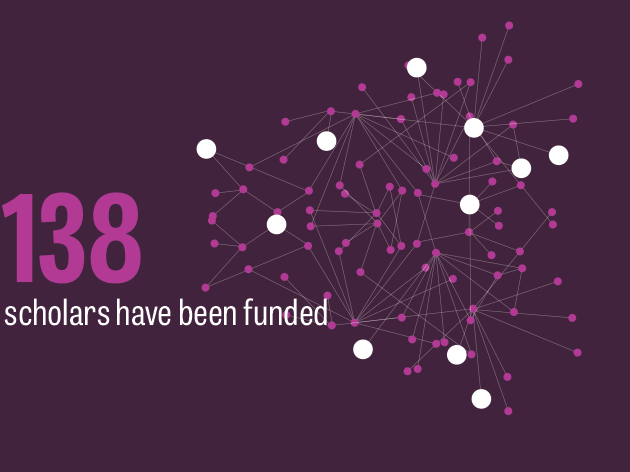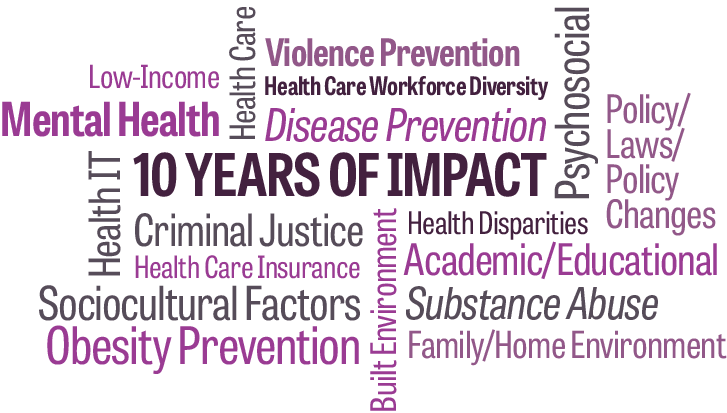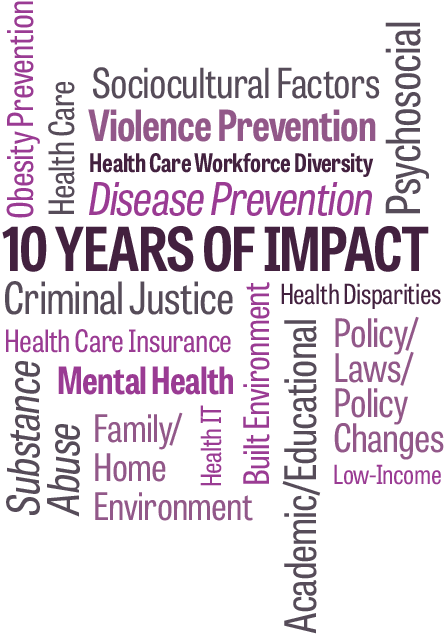We look forward to supporting our next round of scholars through:
- Career development activities;
- Qualitative and quantitative research skill-building exercises;
- Production and translation of timely research results; and
- Collaboration with other researchers from diverse fields to create a healthier, more equitable future for all people.
Based on what we already have seen from the researchers highlighted in this publication and elsewhere, we confidently can state that our participants are the next generation of leaders. They are collaborating across sectors to upend the status quo, address health disparities, and take bold steps to achieve greater equity in communities across the country.

